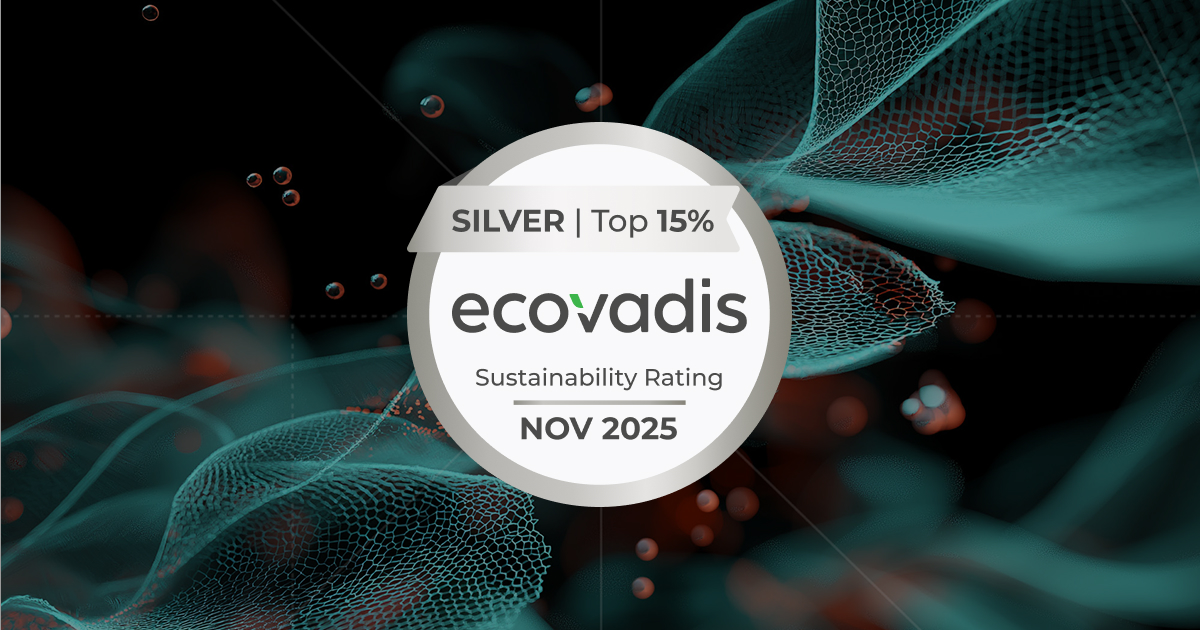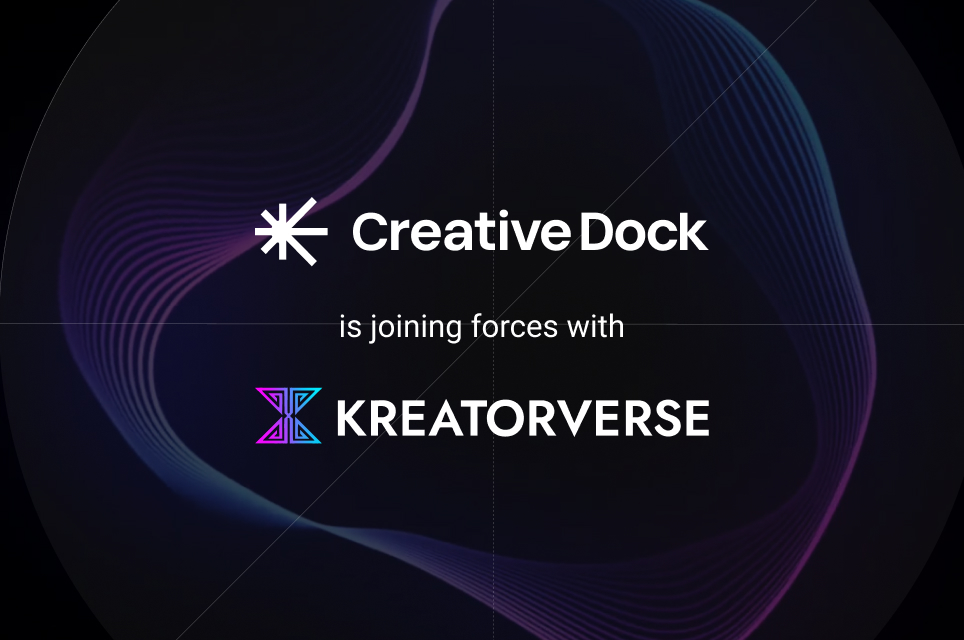Why is the MENA region a leader in digitalisation? Thanks to smartphones
When you say you’re building fintech in the Middle East, Westerners usually think of the strict Sharia banking rules and think it must be terribly complicated. But when you build ventures for banks in the Kingdom of Saudi Arabia (KSA), you’re in for exactly the opposite type of culture shock. E-Government there has made such progress during Covid-19 that we can be envious. Even financial applications under the tightest security are simpler, more user-friendly, and faster.


The first big difference — in KSA they don’t have traditional physical ID documents as we know them in Europe. Personal identity is electronic, linked to a mobile phone number. “This makes it incredibly easy to identify customers and authorise their requests even in the most secure applications,” praises Ales Zarsky, leader of the fintech venture supporting SMEs, and created by independent corporate venture builder Creative Dock for one of the largest KSA banks. He is in the ideal position to compare having had both a long career in the management of financial institutions and as CEO while building one of the largest online insurance comparison sites in Central Europe.
How did the national plan for digitalisation help? Incredibly.
Saudi e-Government was established in 2003 by Royal Decree, and since 2006 Saudi Arabia has had an established plan for digitisation called the National Strategy for Digital Transformation. Through gradual development (and especially through the intensive work of the Saudi Authority for Data and Artificial Intelligence during the Covid-19 pandemic), the e-government portal has become one of the leading examples of the digitalisation of public administration and services for citizens. Because of this, it also makes business that relies on data from the government (especially regarding personal identity) tremendously easy. Moreover, e-government is also a major contributor to sustainable progress.
“The Saudi portal offers around 2500 services which in other countries usually require a visit to one or even more authorities.”
Saudi Vision 2030
All of these developments are part of the Kingdom’s Vision 2030. It’s a strategic plan to reduce the country’s dependence on oil, and also diversify its economy. An important element is the digitalisation of the kingdom, which will help develop public services (health, education, infrastructure, etc.). Alongside efforts to increase the level of international trade in products other than oil, there is also a gradual shaping of a more secular image of KSA.

Digitalisation is not only about progress. What matters is that it simplifies life
Acknowledging the leap forward in digitalisation is one thing. For example, according to the World Bank’s so-called “GovTech 2022” maturity index, Saudi Arabia’s digital transformation of government is the best in the MENA region and third overall in the world. In case anyone thought that Saudi Arabia is an exception in the region, the United Arab Emirates is in the top four, just behind South Korea, Brazil, and the KSA.
According to the index report, the Kingdom has excelled in its digital government transformation and has been classified among “very developed countries”. More important however is how digital transformation makes everyday life easier. The World Bank index is based on four criteria:
- supporting core government systems,
- enhancing service delivery,
- mainstreaming citizen engagement,
- fostering GovTech enablers.
Saudi Arabia was distinguished in sub-indicators as well as excelling in all four areas with a general maturity rate of 97.13 percent. The digitalisation of public administration creates excellent conditions for developing services based on modern technologies. The anticipated growth of the global Islamic finance industry over 2021 to 2022 according to S&P Global Ratings was an estimated ten percent.
“Creating ventures from the classic innovative range of fintech, insurtech, e-health, and others is much easier.”
Digitalisation helps promote women in society
“Everything from data checking to deep scoring and approval can be done online — on both sides. And most of it is automated. The customer just needs a mobile phone. All of this is thanks to the incredibly advanced level of Saudi digital government,” calculates Zarsky. And this is just the economic benefit. The Saudi leadership is also working hard to promote the role of women in society. Although these initiatives often run up against old habits and the fact that women have only recently started to assert themselves.
"When you suddenly have the ability to handle all kinds of issues online, without having to go to any branch or even deal with someone, it’s tremendously liberating,” explains Lenka Libanska, Chief Product Officer of corporate venture builder Creative Dock. Her words are confirmed by the fact that the proportion of female entrepreneurs in the country is growing — they can even use their mobile phones to solve the various agendas of their entrepreneurship easily.
Do people lose their identity when they are offline?
You might say that the Saudis achieved a sufficient level of digitalisation more than a decade ago introducing so-called eIDs, which were quite similar to traditional IDs. Even in this “prehistoric” era their documents automatically contained:
- Biographic information
- Passport
- Health information
- Family information
- Address
- Finger print
- Driving licence
- Emergency contacts
But the current fully digitised version of the documents goes even further. And if you want to argue that it’s not entirely practical to lose the ability to identify yourself if you’re, say, without a signal, the Saudis have obviously thought of that too. On your smart device, you can easily save a digital copy of your ID which is automatically authenticated and works even when you’re offline.
E-government helps the state, but it brings the most benefits to people and entrepreneurs
So it is only the current, fully virtual form of personal documents that has brought the digitalisation of government in Saudi Arabia to a position where it brings great value not only to the state itself but overwhelmingly to people and businesses. Huge environmental benefits resulting from the reduction of emissions, unified data platforms, the democratisation of society through open access to information and various services and so on, are just some of the benefits of advanced digital government.
Do you want to explore the long experience of corporate venture builder Creative Dock and also use the MENA region’s progress to expand your business? Get in touch with our specialists in the region and make it possible!



.webp)










%20(1).jpg)































































